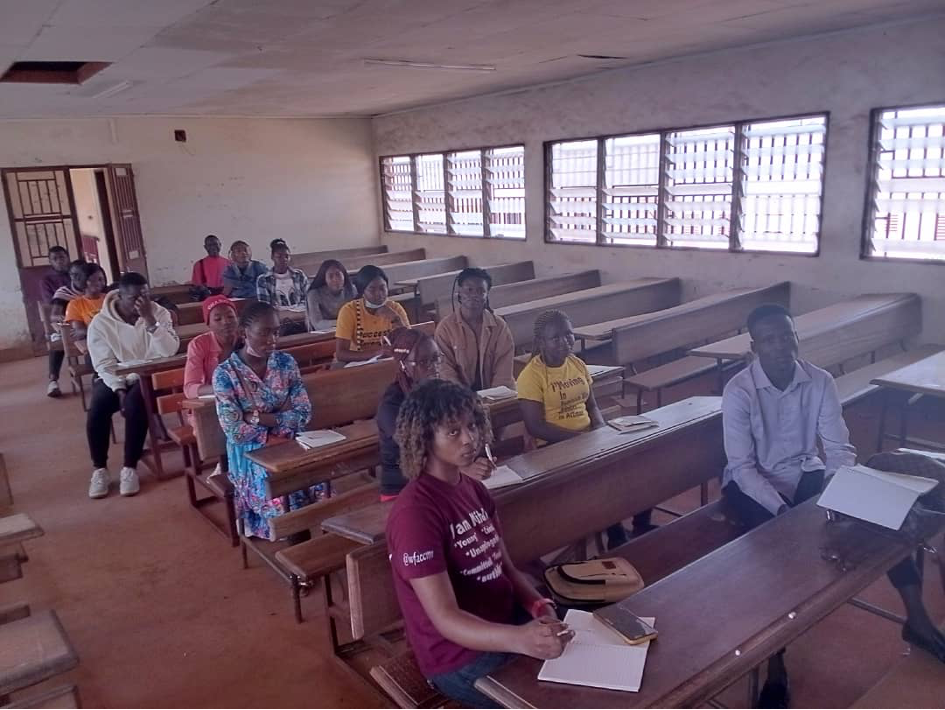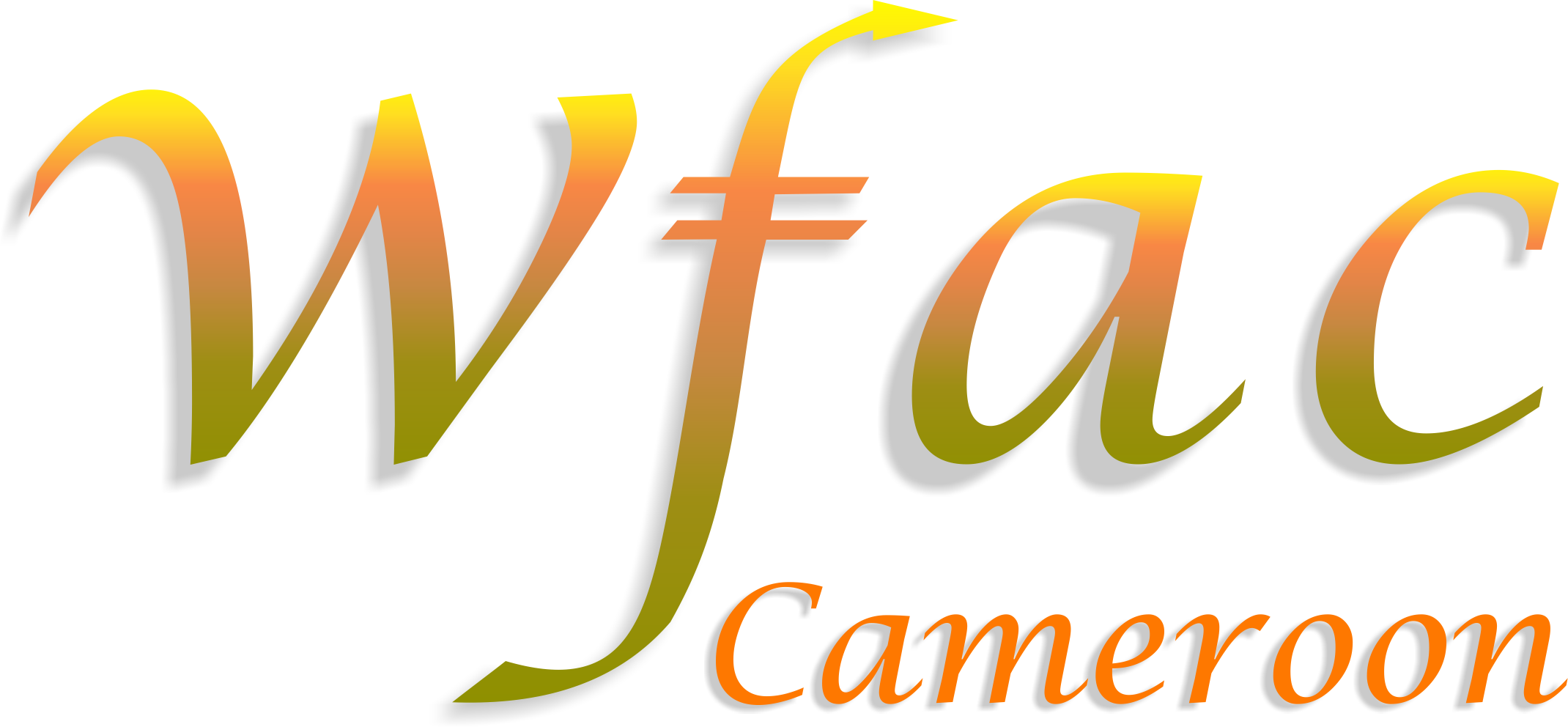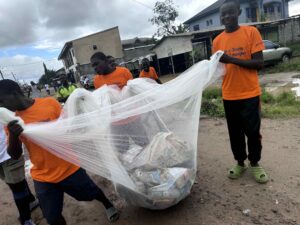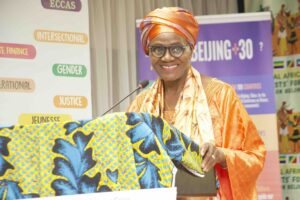
Most adolescents and young people across several regions of the country continue to lead conversations and dialogues around their sexual and reproductive health and wellbeing pre and post the covid19 pandemic. For the past years, Wfac has continued to lead transformative change through the delivery of her flagship program: the gShe in and out of schools to adolescents and young people, who continuously need the information and knowledge to inform on their decision making and life choices.
In the past weeks, some adolescents and young people have continuously convened in and out of schools to discuss on pertinent issues pertaining to adolescent health and rights, their wellbeing and the generation equality. These conversations have anchored around advancing adolescents and young people’s mental and physical health; menstrual hygiene management and the generation equality action coalitions; the roles adolescent play in promoting gender equality and their sexual and reproductive health and rights. A lot of debates have been ongoing over the past decade(s) on the active role adolescents and young people play in fighting societal stereotypes, gender-based violence, and patriarchy. Many adolescents nowadays believe it is time to challenge the status quo and meaningfully engage in the promotion and advancement of gender equality and good health.
In an attempt to amplify adolescent voices and meaningful participation in the generation equality processes, Wfac continues to engage in progressive conversations and consultative workshops with adolescents and young people in grassroots communities; to raise awareness on the societal issues affecting their health and wellbeing. Through these exchange exercises, we gather first hand information on the rising issues facing adolescents and young people’s health, and together, inclusively work on developing lasting and sustainable programs that seek to advance and promote the health and wellbeing of adolescents and young people.

This exchange saw students from the University of Dschang engage in a knowledge and skills sharing exercise that sought to debunk the stereotypes around menstrual hygiene management and adolescent health. Here, they shared concerns on the stigma and lack of adequate primary health care support for growing adolescents in and out of schools across the country. The need for continuous support and inclusiveness of adolescents in the actions and policy making processes that design and impact their lives is dependent on the roles they play as active partners and key stakeholders in the promotion of gender equality and sustainable development.



